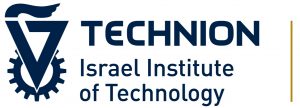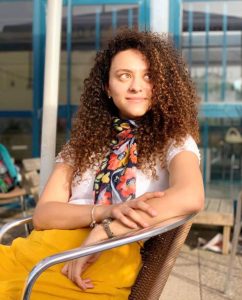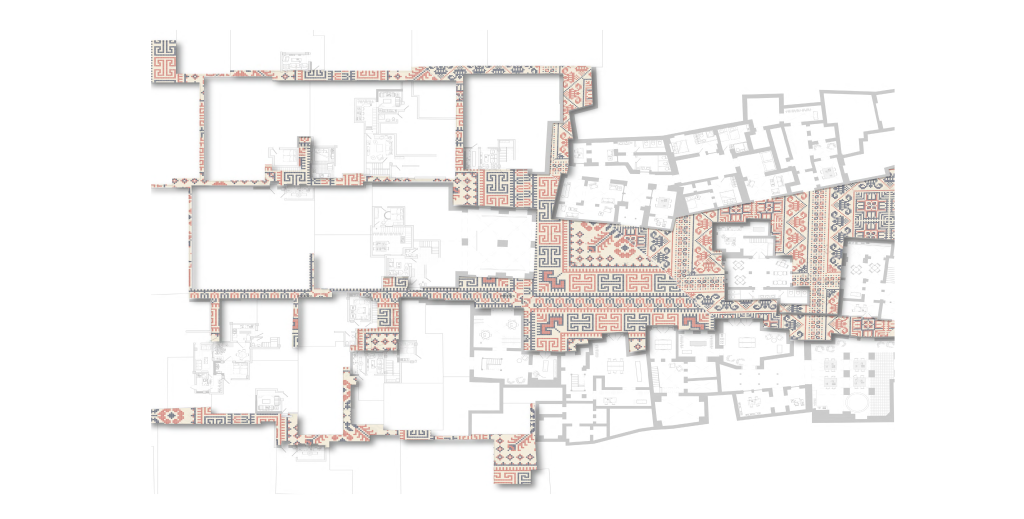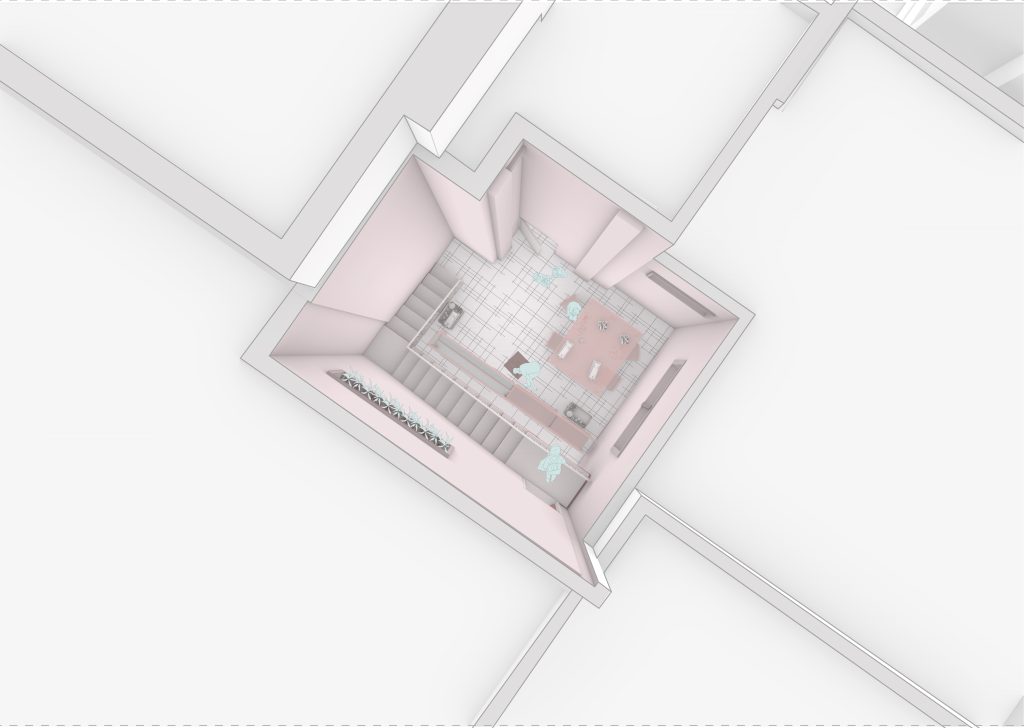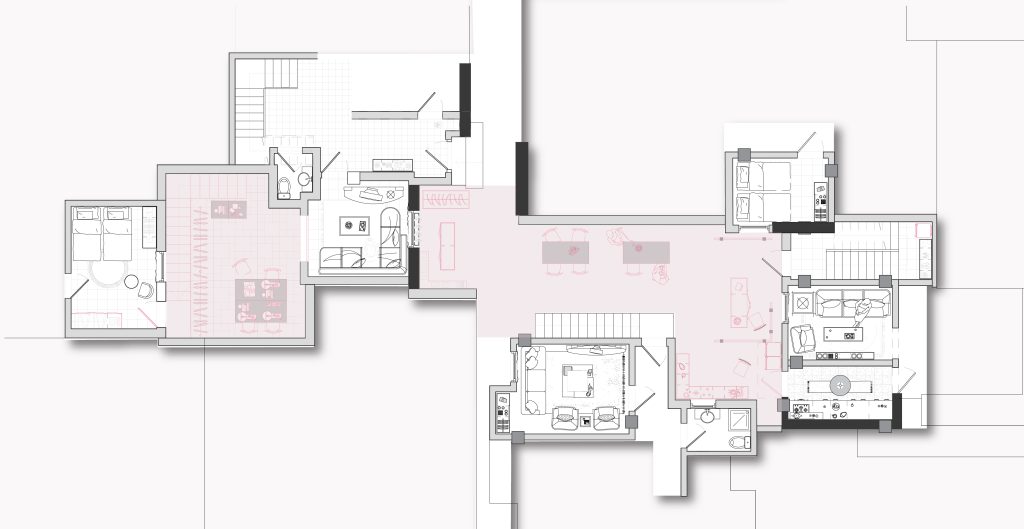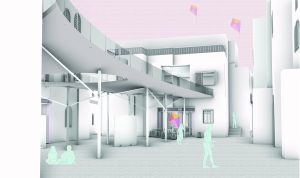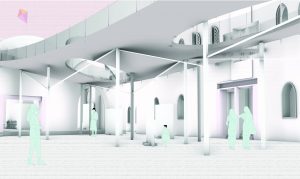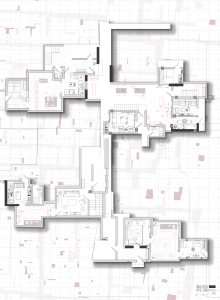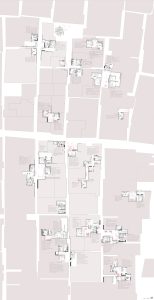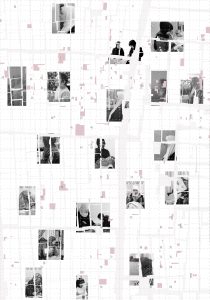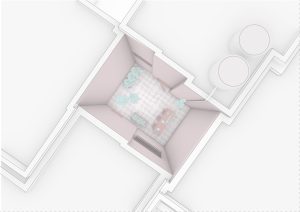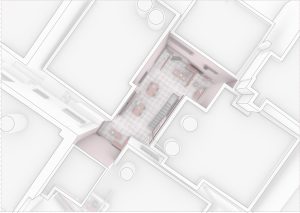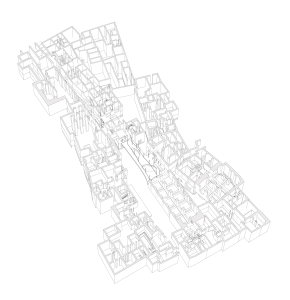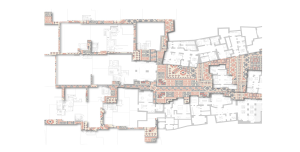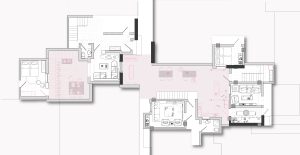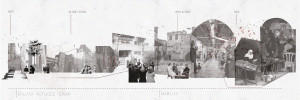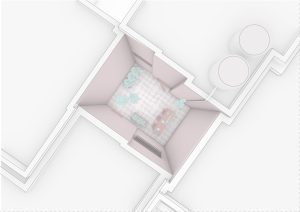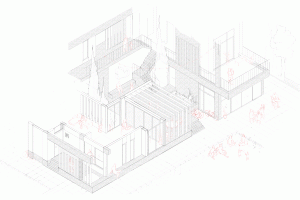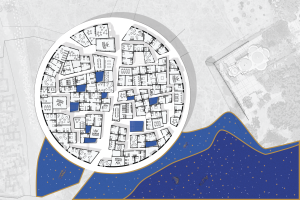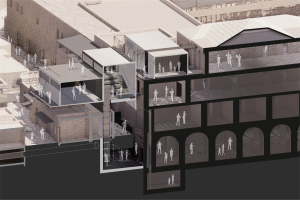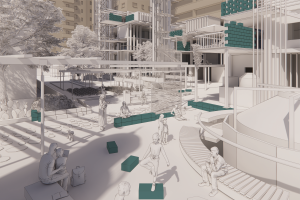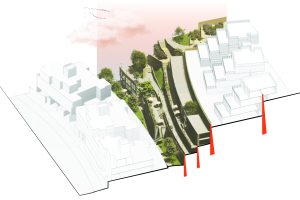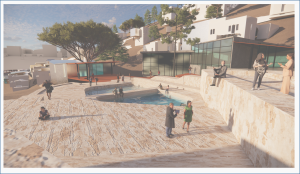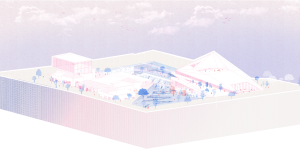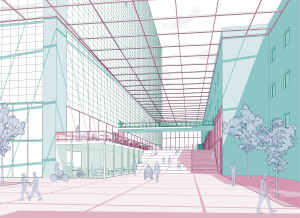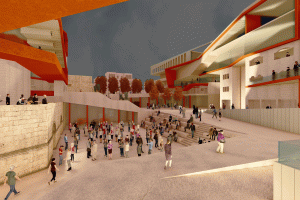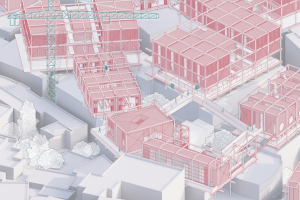Women Building Society
Palestinian women had played a significant role in the society’s resistance through the years by conserving the Palestinian culture, passing it on to their children, maintaining their faith in God, and being part of the family’s economic development. Furthermore, the women’s traditional role as socializers of children has been infused with new significance in the Palestinian community. Specifically, for Palestinians, identity emerged, and memories were highly valued. In this aspect, the project will examine two different spaces, the Balata refugee camp and the old city of Nablus, and how they have affected women’s lives and their families differently. It will discuss how the public-built space can form a narrative that enhances women’s status and role by expanding it from the refugee camp to an urban scale. Therefore, the project will discuss the opportunities in the architecture of the refugee camp and the old Arabic-Islamic City. It will dive into details about how it can provide a suitable environment for an economical, multicultural, and social women’s network.
Through the Stronger Women, Stronger Nations, women break the isolation of war, conflict, and gender discrimination to realize their own power. As they form connections in class, women learn to save, build businesses, understand their rights, improve their health, and change societal rules. They pass this knowledge on to their families and communities, creating a positive ripple effect for generations.
In this aspect, the project focuses on how the camp’s architecture has affected women and their families over the years. It also sheds light on the camp’s growth, emphasizing the women’s impact on today’s resilient community. It will focus on the old Palestinian cities’ typology that was shaped according to local needs, culture, patriarchy, and religion, in addition to geographical factors. These elements and their interaction have contributed to determining the dominance in women’s lives in the city. As a critical study, the project examines the Balata refugee camp in Nablus, which is the largest populated camp of its kind on the West Bank and is impacted by overcrowding and poor infrastructure, and the old city of Nablus.
It will discuss how the public-built space can form a narrative that enhances women’s status and role, expanding it from the refugee camp to an urban scale of the Nablus old city.
